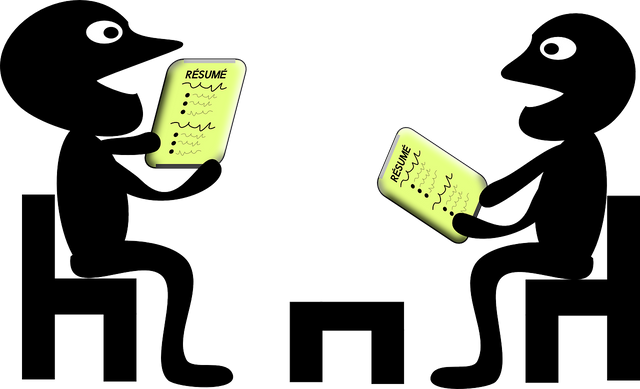Five pointers for job searchers over 50 who are about to go on an interview | Personal Finance

It's difficult to be unemployed. Trying to return to the workforce after a long absence might be difficult. The eager youth and the seasoned older are in a tight rivalry.
The applicant makes a difference in who obtains the job. Although there is a prejudice towards older candidates among interviewers, it is not insurmountable. It all depends on the jobseeker's point of view.
Companies are worried about their public image, employee camaraderie, and their employees' ability to complete tasks on schedule. Due to their passion, understanding of digital applications, and perceived ability to operate as a team, the youthful, enthusiastic applicants have a modest advantage. These should not, however, constitute hurdles for the more experienced, older worker.
Here are some ideas for dealing with the "age issue."
- You don't have to include everything on your CV. Unless it is relevant to the abilities required for the future position, everything done more than ten years ago can be removed. This includes the time when you graduated from college or technical school, as well as your first work.

Your resume should be exclusively focused on describing what past abilities you have that make you a valuable asset to this company. Dates aren't required, so don't provide them unless it's absolutely necessary.
If this is in your history, it is always a good idea to share examples of how you engaged as a team member and how you led a team yourself. The good outcomes of this collaboration provide the interviewer an idea of how well you manage different points of view as part of a working group. It would be even better if that team had a mix of senior and young coworkers, demonstrating your ability to bridge the gap between experience and "youth culture."
Optimism is your best ally. Companies need optimistic, energetic personnel who can spread positive energy across the company. In many situations, the interviewer believes that this is only available to young people who are eager to start their careers or advance up the corporate ladder. However, excitement is not limited to a single demographic. By demonstrating your want to operate inside the company's structure and explaining your qualifications
Interviewers want to know what you can provide to the organization in terms of assets. Experience brings talents that can only be improved with time. These abilities should be recognized, with examples of how they may help the organization improve, contribute to the bottom line, and function more effectively.
Don't talk excessively. In your attempt to persuade the interviewer that you are the best candidate for the job, you may end up talking yourself out of it. While you want to extol all of your virtues, it's equally critical that you listen. If you pay attention, the interviewer will often tell you what the firm is seeking for in its employees, and you may respond with knowledge from your prior experience that meets that requirement.
It's not simple to go back into the workforce or to locate the ideal employment. Networking is critical, and you'll need to attend a lot of interviews to do so. It is critical to maintain focus on the objective and avoid being disheartened.
Take a lesson to improve your digital abilities if you lack them. Join a few groups and make new connections if your network has shrunk. To get that position, you'll have to assess your talents and expertise in relation to today's social and business demands.
Persistence will pay off in the end.